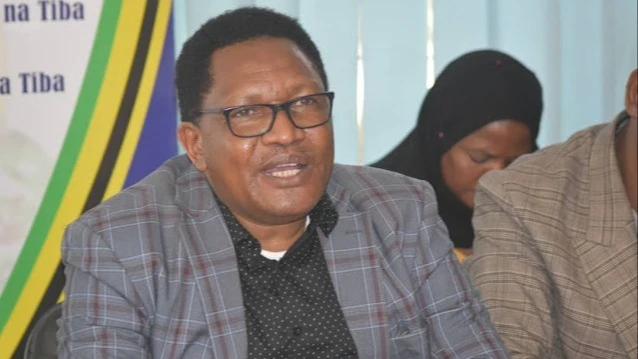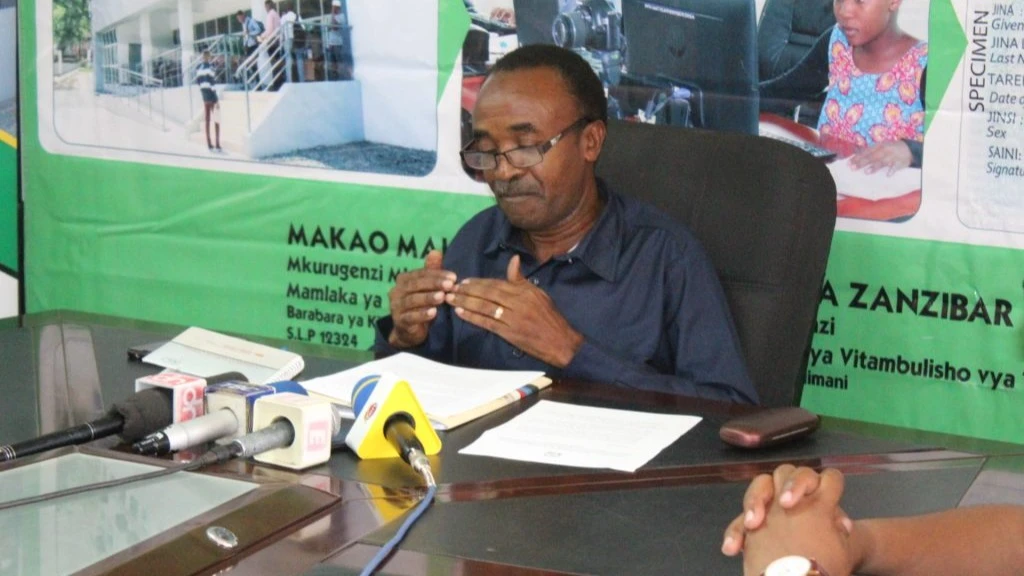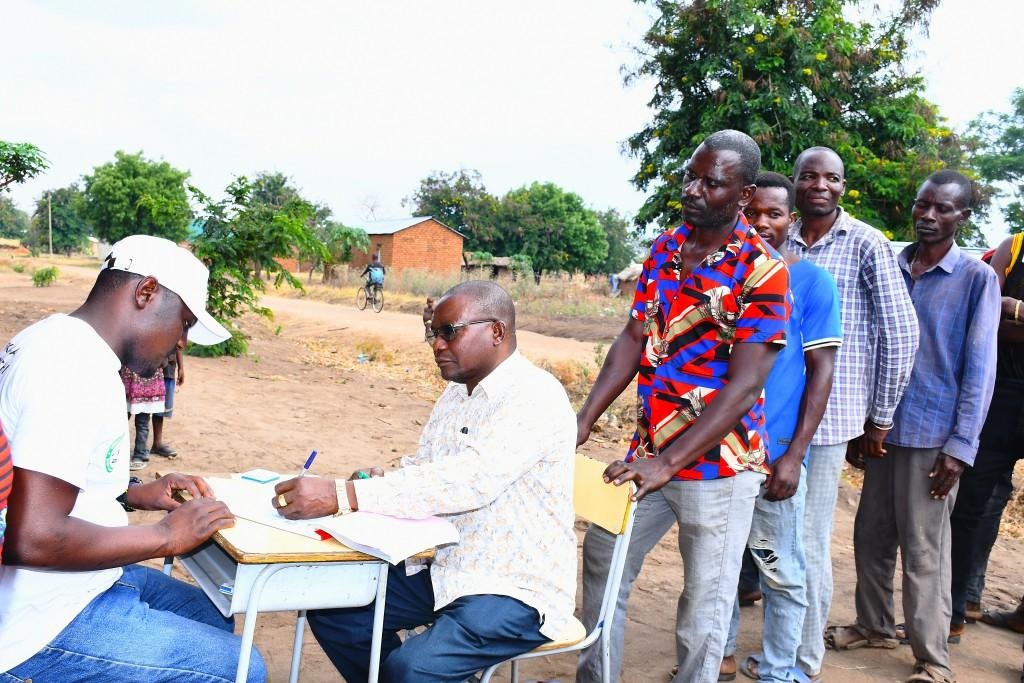Govt readying universal insurance rules, key fund

THE government is finalizing regulations for the Universal Health Insurance legislation to facilitate its effective implementation, including the setting up of fund to support vulnerable groups.
Ridhiwani Kikwete, the Labour, Youth, Employment and Persons with Disabilities state minister in the Prime Minister's Office (PMO) made this observation at the launch of the HIV/AIDS and non-communicable diseases (NCD) workplace policy guidelines for private sector employers over the weekend in Dar es Salaam.
The guidelines were prepared by the Association of Employers Tanzania (ATE) in partnership with various stakeholders, including the International Labour Organization (ILO), he said.
Stressing the importance of health for all, he said that the government enacted laws during fiscal 2023/24 to improve access to quality health services, an initiative geared to provide equitable healthcare access for all.
Those most at risk of being marginalized are especially targeted, as by establishing a sustainable framework for universal health coverage, the government is committed to reducing health disparities, he said.
It focuses on improving overall public health and enhancing the well-being of every individual in the country,” he said, affirming that the guidelines are vital for employees facing health challenges that hinder their performance.
“Many of these issues stem from employers prioritizing profit over the well-being of their workforce, which ultimately undermines employees' ability to deliver productive services and achieve desired outcomes,” the minister intoned.
Employers nationwide need to comply with the Occupational Health and Safety Act, which aligns with ILO Convention on the issue that Tanzania ratified and is part of our laws, he said.
Suzanne Ndomba-Doran, the ATE chief executive officer, highlighted the vital role employers play in implementing the HIV/AIDS and NCD workplace policy.
Considering its significance, the guidelines instrument has been developed collaboratively with the government and key stakeholders including the Trade Union Congress of Tanzania (TUCTA), the Tanzania Commission for AIDS (TACAIDS) along with the National Council of People Living with HIV/AIDS (NACOPHA) and the Tanzania Federation of Disabled People's Organizations (SHIVYAWATA).
The policy instrument serves as a comprehensive guide for private sector employers, emphasizing the importance of prioritizing the health, rights and dignity of every employee, she explained.
The guidelines require private sector employers to enhance collaboration with the government, non-governmental organizations and development stakeholders, as in that way they can significantly improve efforts in coordinating, managing and preventing HIV and non-communicable diseases (NCDs).
The guidelines underscore the need to mobilize financial resources effectively to support the implementation of interventions aimed at addressing HIV and NCDs, she added.
Top Headlines
© 2024 IPPMEDIA.COM. ALL RIGHTS RESERVED






















